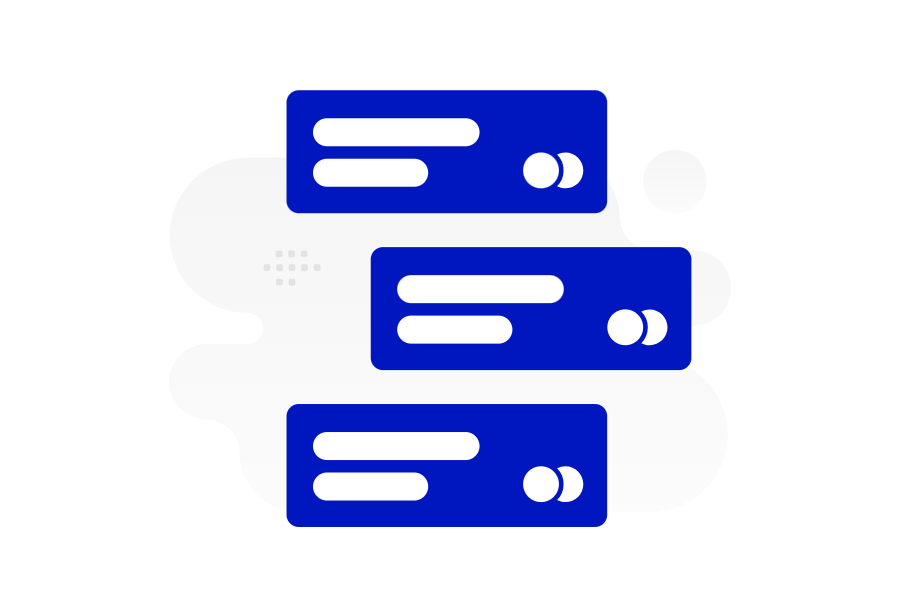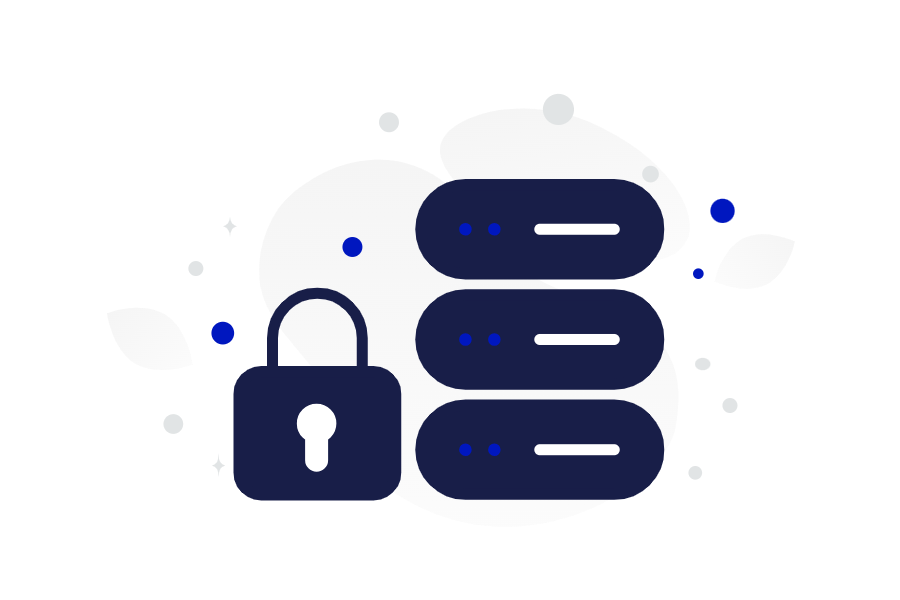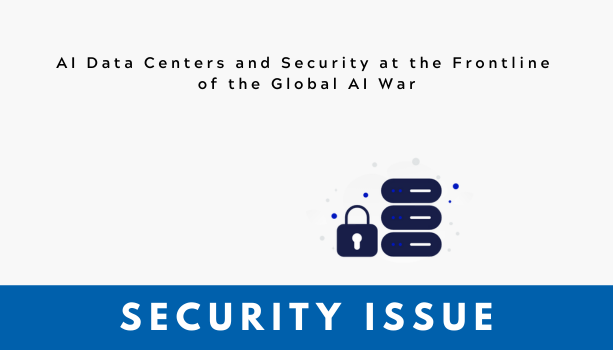[Security Issue] AI Data Centers and Security at the Frontline of the Global AI War
With the rapid development of AI technology, AI data centers are emerging as the core infrastructure for national competitiveness. Data centers are facilities that store, process, and manage critical data and IT systems for companies and organizations, serving as the core infrastructure of the modern digital economy. Numerous servers, network equipment, and storage systems operate 24 hours a day, 365 days a year, supporting the Internet services we use daily and the core operations of companies.
Unlike conventional data centers, AI data centers are specialized infrastructure optimized for training and inference of large-scale AI models, characterized by their integration and operation of high-performance computing resources such as GPUs and AI accelerators on a large scale. With the recent advent of generative AI platforms such as ChatGPT and DeepSeek, AI model training and inference tasks that require large-scale computation have grown exponentially, increasing the importance of AI-specific data centers that can efficiently handle these workloads. By combining AI semiconductors and high-performance computing infrastructure, next-generation data centers are positioned as key drivers of digital innovation. Therefore, countries around the world are developing and implementing various strategies to strengthen their AI data center capabilities.

Cybersecurity Threats Targeting AI Data Centers
AI data centers, which are attracting worldwide attention, face numerous security threats commensurate with their importance.
The biggest security threat is the risk of information leakage during actual AI operations. For example, when inputting a patient’s medical records into a medical AI system or transaction information into a financial AI system, such sensitive information can be compromised. AI-specific attacks, such as model poisoning, are also emerging as new threats. Attackers can inject maliciously manipulated data into the training process, thereby degrading the performance of AI models or causing intentional malfunctions in certain situations. For example, an AI in a self-driving car might misidentify a red traffic light as a green light, or a facial recognition AI might misidentify a particular person as someone else. Unauthorized use of large-scale computing resources is also a serious problem. There are increasing attempts to gain unauthorized access to high-performance computing resources in AI data centers for cryptocurrency mining and other illegal computational operations. This can disrupt the normal operation of the data center and cause enormous energy losses.
These security threats are becoming more intelligent and advanced alongside the development of AI technology. Attackers are using AI technology to bypass security systems and attempt new types of attacks, creating situations that are difficult to address with existing security measures. Given the rapid pace of AI technology development and the evolution of attack techniques, there is an urgent need for a more systematic and proactive response strategy. So, what specific measures should we consider to strengthen the security of AI data centers?

AI Data Center Cybersecurity Response Strategy
First, from a technical perspective, we need to implement security programs specialized for AI operations. We also recommend implementing a security methodology called Zero Trust. Zero Trust is a security approach based on the principle of “never trust, always verify.” While traditional security methods create distinctions between external and internal environments, such as a castle surrounded by walls, assuming that the internal environment is secure, Zero Trust continuously verifies identity even for users already inside the perimeter. Simply put, Zero Trust abandons the assumption that “internal employees are inherently trustworthy,” and requires verification for all access and data requests every time. It’s like having to show ID, provide transaction details, and complete additional authentication every time you withdraw money from a bank.
A Zero Trust environment continuously monitors and verifies all activities that take place inside the AI data center: who accesses what data, which AI model is being used, and what operations are being performed. This effectively prevents internal information leakage and system misuse. All Penta Security products are designed to be Zero Trust Ready. Based on core security technologies (identity management, application security, network security, system security, and data security), Penta Security provides customized security solutions that comply with national and international standards and security regulations. This allows organizations to flexibly select and deploy Penta Security’s security products in the areas they need based on their security budget, resources, and existing infrastructure.
From an institutional perspective, it is necessary to implement a security certification system for AI data centers and develop programs to train specialized security personnel. It is also recommended to establish systems that comply with international security standards and to develop response protocols for security incidents. Additional effective strategies include forming and operating public-private security collaborative bodies, establishing platforms for active participation in international security cooperation networks and information sharing regarding security threats, and conducting regular joint security exercises.
As critical infrastructure for the digital economy, AI data centers are becoming increasingly important. Cybersecurity is particularly essential for the stable operation and reliability of AI data centers. As South Korea is accelerating the establishment of AI data centers based on world-class IT infrastructure, it is urgent to establish appropriate security systems. The government and private sector should cooperate to develop technical and institutional countermeasures and strengthen international cooperation to create a safe and competitive AI data center ecosystem.
* Would you like to learn more?
We invite you to discover how we can help your business.

